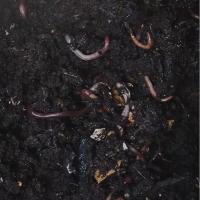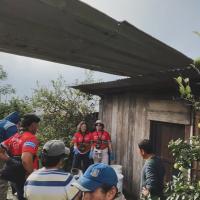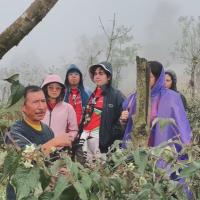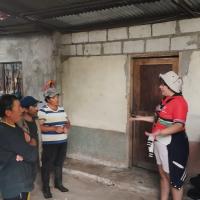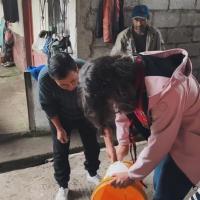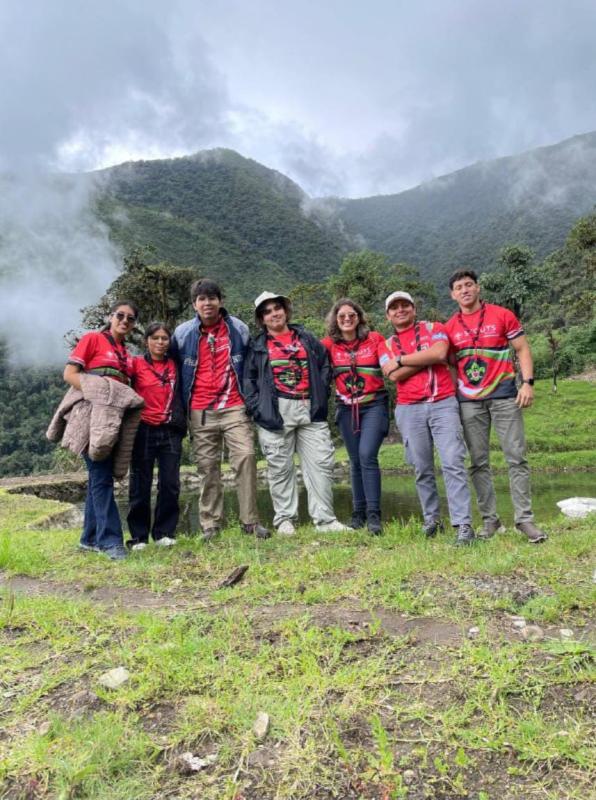
Organic residues & Worms: Why not?
It is fascinating to know what you can do with organic residues that otherwise would get thrown in the trash. Considering that organic residues account for 50% of the overall residues in Ecuador, we aimed to demonstrate that residues and trash are not synonyms. Moreover, talking about rural communities that already take advantage of these residues, such as Jalubí, we wanted to help them improve their leveraging methods.
Going to Jalubí was a rocky journey, but worth it in the end. Up there in Jalubí, we met the owners of a vineyard who were also the local producers and distributors of most of the fruits and vegetables. They gave us a tour and showed us their composting methods. Next, we showed them how to build a vermicomposter. We put it in motion with the residues they had there and the worms we brought, and the rest was a matter of time. By the time we left, there was about 2.5 kilograms of compost.
The most relevant lesson Jalubí left us is that without teamwork, we cannot reach any of our goals. If we hadn´t worked together like ants do, we would not have completed our project. Additionally, we learned the impact it has in a community and in our lives to complete a sustainable cycle between what we consume and what we do with the residue left. It was rewarding to know that by leaving our vermicomposter, 100 families would benefit from it and, at the same time, the economy of the community would grow.
